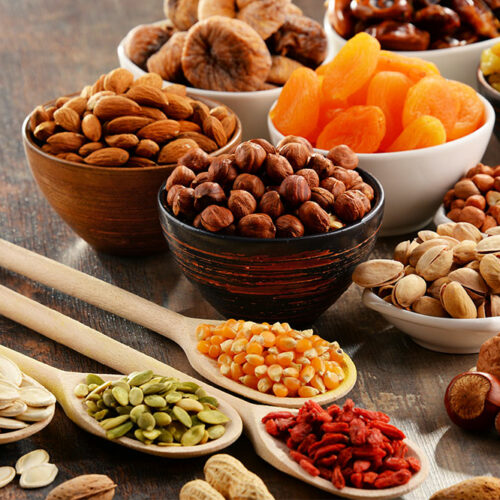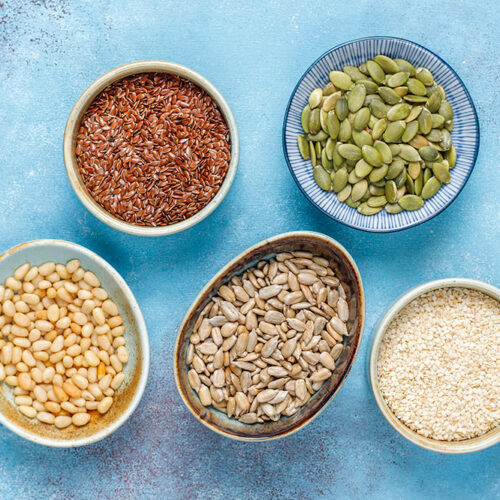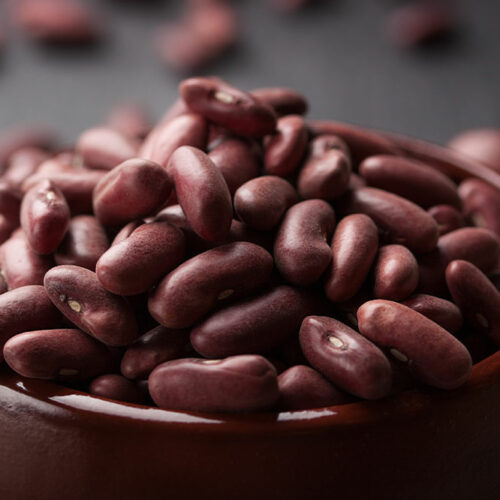4 early indicators of colon cancer

Colon cancer, which begins in a portion of the large intestine called the colon, affects many in our country. It is life-threatening and can spread to other body parts, such as the liver and lungs, if not detected and treated. Like most health disorders, colon cancer has a few early signs that help individuals identify it in its initial stages. One must visit a doctor for a diagnosis as soon as they experience these symptoms. Anemia Colon cancer often leads to bleeding in the large intestine without the patient’s knowledge. Frequent bleeding, in turn, causes a loss of red blood cells.






